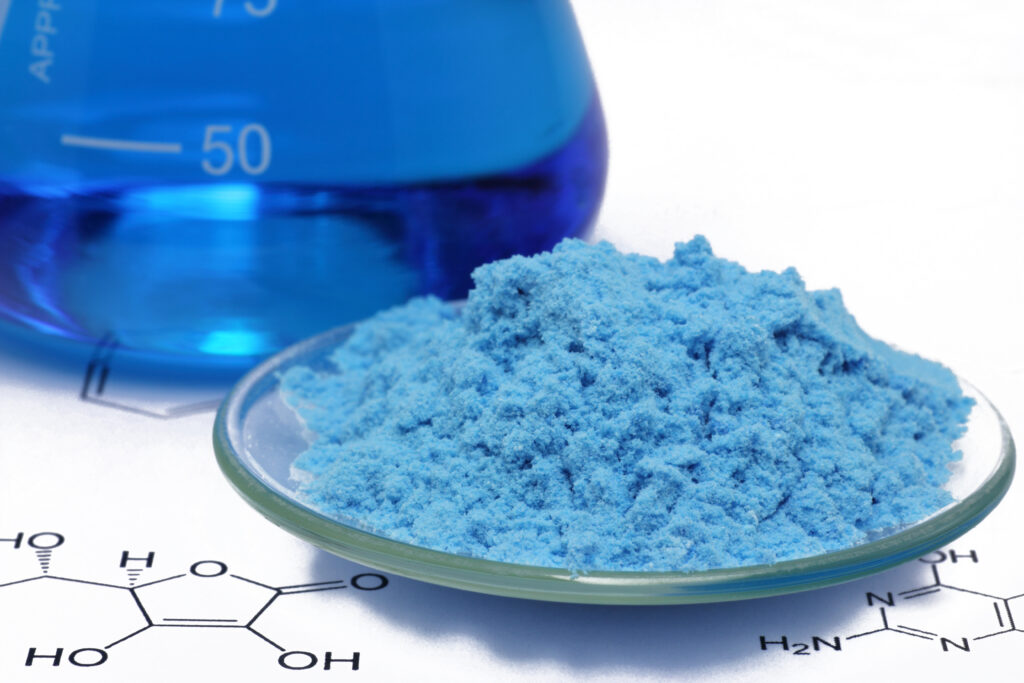Deformulation is generally the analysis of an unknown material or formulation in order to identify and quantify its constituent compounds. Sometimes known as reverse engineering, deformulation may be performed on a broad range of product forms, ranging from raw materials up to and including fabricated components.
Why Choose Our Deformulation Services?
- Tailored Analysis: We customize our approach to meet your specific goals, ensuring you get exactly the information you need.
- Cost-Effective Solutions: Our targeted methodology focuses on essential data, optimizing your investment.
- Extensive Expertise: With years of experience, we tackle challenges across various industries and material types.
Our Comprehensive Deformulation Process
Goal Setting/Custom Strategy: We begin by clearly defining your project objectives. Rarely is a complete deformulation, an extensive and costly process, required to resolve most of our clients’ problems. Clients sometimes just need to know the major components, or identification of a key differentiating compound from their product that yields unique properties. Our experts design a tailored analysis plan to address your unique needs.
Chemical transformations during manufacturing can significantly increase the complexity of deformulation projects. However, our expert chemists possess the knowledge and analytical skills to navigate these challenges. By examining the final compounds present in the formulation, we can often deduce the original starting materials and reconstruct the chemical pathways involved in the product’s creation. This reverse engineering approach allows us to provide valuable insights into the manufacturing process, even when faced with complex chemical reactions.
For patent litigation, deformulation of potentially infringing products will focus on compounds found in the patent claims.
Tiered Material Deformulation Analysis: We offer various levels of deformulation to suit your requirements:
- Major component identification (>1% weight). Includes determination of the base polymer(s), major additives, and fillers
- Trace component detection (down to ppm levels). Includes low-level additives, residual monomers/solvents, and impurities
- Quantification of major and minor components. Includes analytical method development and validation, if necessary
- Processing condition insights. Crosslinking mechanisms, processing aids, machining, and molding approach
- Prototype formulation of reversed engineered materials. Preparation of prototypes of material of interest
Cambridge Polymer Group will provide the expertise to guide you to the correct analysis for your application. We will help you zero in on what information is actually important to you and design and execute a test matrix to attain that information. Through this approach the project is only as complex as it needs to be, and the costs to you are therefore reduced.
Identify and Quantify Additives
Polymers in particular may contain a broad range of additives that influence material behavior. Deformulation may be used to identify and quantify:
- Base Polymer (with molecular weight information)
- UV stabilizers
- Antioxidants
- Crosslinking/curing agents
- Fillers
- Plasticizers
- Surfactants
- Pigments
- Fragrances
Deformulation Techniques
CPG employs a wide range of analytical testing methods, including:
- Gas Chromatography-Mass Spectrometry (GC-MS)
- Pyrolysis GC-MS
- Thermogravimetric Analysis-Fourier Transform Infrared Spectrometry (TGA-FTIR)
- Liquid Chromatography-Quadrupole Time of Flight (LC-QTOF)
- Scanning Electron Microscopy-Energy Dispersive Spectrometry (SEM-EDS)
- Inductively Coupled Plasma Mass Spectroscopy (ICP-MS)
- Nuclear Magnetic Resonance (NMR)
- Gel Permeation Chromatography (GPC)
- Dynamic Light Scattering (DLS)
Contact Us
Email us or call us at 617-629-4400 to find out how CPG can help with your deformulation project.


